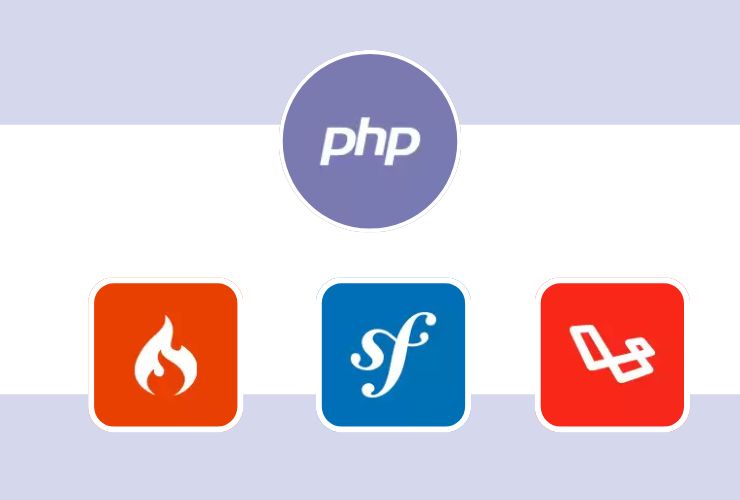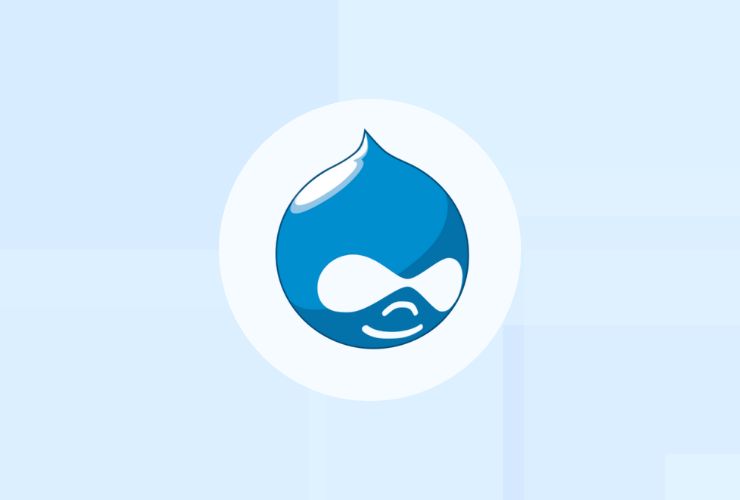PHP continues to be a top programming language for web developers. Having frameworks for PHP, the language can improve speed, scalability, and maintainability of your projects. Among all PHP frameworks, the professed best framework choices are Laravel, Symfony, and CodeIgniter will be suitable if you are looking for good-quality frameworks for PHP development. This guide will summarize and contrast these frameworks for the guidance to find the framework that will better suit your web application needs.
1. Laravel: Best Practices with a Clean/Simple Syntax
Laravel is the combination/features of having best quality frameworks principles with reusability and easy to learn. Some key highlights include:
- MVC Architecture: Allows separate qualities of logic and presentation
- Tools out of the box: Includes authentication, routing, sessions and caching.
- Eloquent ORM – An active record implementation that allows developers to work with databases in a simple format.
- Community Support – Laravel has created a large community with an assembly of tutorials, packages, and active forums.
Best For: If you will be conducting rapid development, small to medium applications, and/or projects that require modern practices used with PHP.
2. Symfony: Flexible and Perfect for enterprises
Symfony is a flexible framework that is popular in the enterprise community and for large-scale projects. Symfony’s features include the following:
- Reusable Components: Symfony components can be leveraged independently in other projects.
- Highly Configurable: Advanced configuration options are available for building complex applications.
- Stability and Longevity: Symfony is known to provide long-term support (LTS) versions.
- Integration: Symfony integrates well with other libraries and frameworks, similar to Laravel.
Best For: Enterprise-grade applications, complex systems, and long-term projects that will require maintainability.
3. CodeIgniter: Lightweight and Easy
CodeIgniter is a lightweight PHP framework that works well for developers seeking speed and simplicity. CodeIgniter’s features include the following:
- Small Footprint: Has minimal configuration, easy to set up.
- Performance-Focused: CodeIgniter is optimized to run quickly and with low resource consumption.
- Easy Learning Curve: Simple syntax will make it easy for new developers to learn.
- Less Opinionated: CodeIgniter offers flexibility and freedom without a lot of enforced rules.
Best For: Small projects, quick prototypes and developers who are looking for a faster learning curve.
Framework Comparison Table
| Feature | Laravel | Symfony | CodeIgniter |
|---|---|---|---|
| Learning Curve | Medium | High | Low |
| Performance | Moderate | High | High |
| Community & Ecosystem | Large | Medium | Medium |
| Best Use Case | Modern apps | Enterprise apps | Small projects |
| Built-in Features | Extensive | Extensive | Minimal |
Selecting the Appropriate Framework
Choosing the appropriate PHP framework is contingent to your project’s requirements:
- Choose Laravel for speedy development and a modern-style
- Choose Symfony for larger, enterprise-level applications that require stability for the long term.
- Choose CodeIgniter for lighter and simpler applications or prototypes.
Each framework has its own set of advantages, so consider your team’s experience, the complexity of your application, and the maintenance/risk factors associated with each when selecting a framework.
Conclusion
Choosing the appropriate PHP Framework can have an impact on the development process and the performance of the application. Each of these frameworks has its advantages. Laravel has rapid development times, Symfony offers a more enterprise-ready solution and CodeIgniter is light on performance and resources. Understanding the limitations and strengths of each allows you to make a well-informed framework selection and build web applications that are scalable, maintainable and efficient.
Contact Us Today













 Database Development
Database Development












































